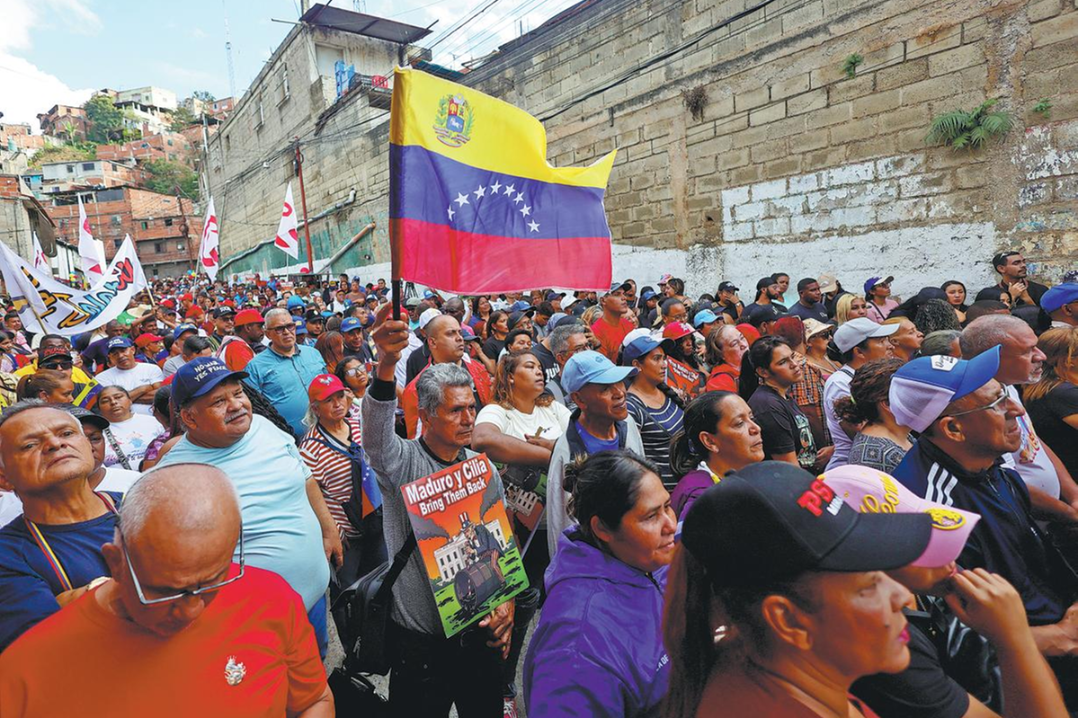Cease-fire in Central African Republic supported


The United Nations and the G5+, a group of partner states and international institutions of the Central African Republic, have welcomed the declaration of a unilateral ceasefire in the country.
On Friday, President Faustin-Archange Touadera announced the accord with armed groups, stating that he hoped it would lead to dialogue and greater protection of civilians.
The Coalition of Patriots for Change, an alliance of six armed groups formed in mid-December, has already welcomed the cease-fire and promised to respect it.
Antonio Guterres, the UN secretary-general, commended the ceasefire declaration, terming it a critical step that is in line with the joint road map for peace in the country adopted by the International Conference on the Great Lakes Region on Sept 16.
He called on all the other parties to immediately respect the cease-fire and renew efforts to advance implementation of the 2019 Political Agreement for Peace and Reconciliation.
Guterres further urged constructive engagement through inclusive political dialogue.
He reiterated his commitment to continue mobilizing international support for the government and the citizens in their quest for peace, reconciliation, and development.
Well-being of all
The G5+ also expressed its support for the cease-fire declaration and said it is committed to work alongside the Central African Republic authorities to support political and peace processes for the well-being of all citizens.
The group said there is a need for all parties to immediately cease armed actions and focus on the creation of a peaceful climate to facilitate inclusive and credible dialogue across the country for the implementation of the Political Agreement for Peace and Reconciliation.
Despite the signing of a peace agreement between the government and 14 armed groups in February 2019, the Central African Republic has faced cycles of rebel violence since the 2013 ouster of former president Francois Bozize.
Violence flared up in the country in December, after the court barred Bozize from running in the presidential elections last December.
Despite peace agreements, rebel groups still operate openly and control as much as two-thirds of the country's territory.
To date, almost a third of the country's population, or 1.5 million people, have been displaced from their homes, according to data from the UN High Commissioner for Refugees.
The UN Office of the Coordination of Humanitarian Affairs said 57 percent of the Central African Republic population, or 2.6 million people, are food insecure.
The UN agency said over 30 incidents involving explosive devices claimed the lives of 15 civilians in the western part of the country between January and October.
"Central African Republic remains one of the most dangerous places for humanitarians with 344 incidents affecting them between January and September 2021," said the agency in a statement on Friday.

































